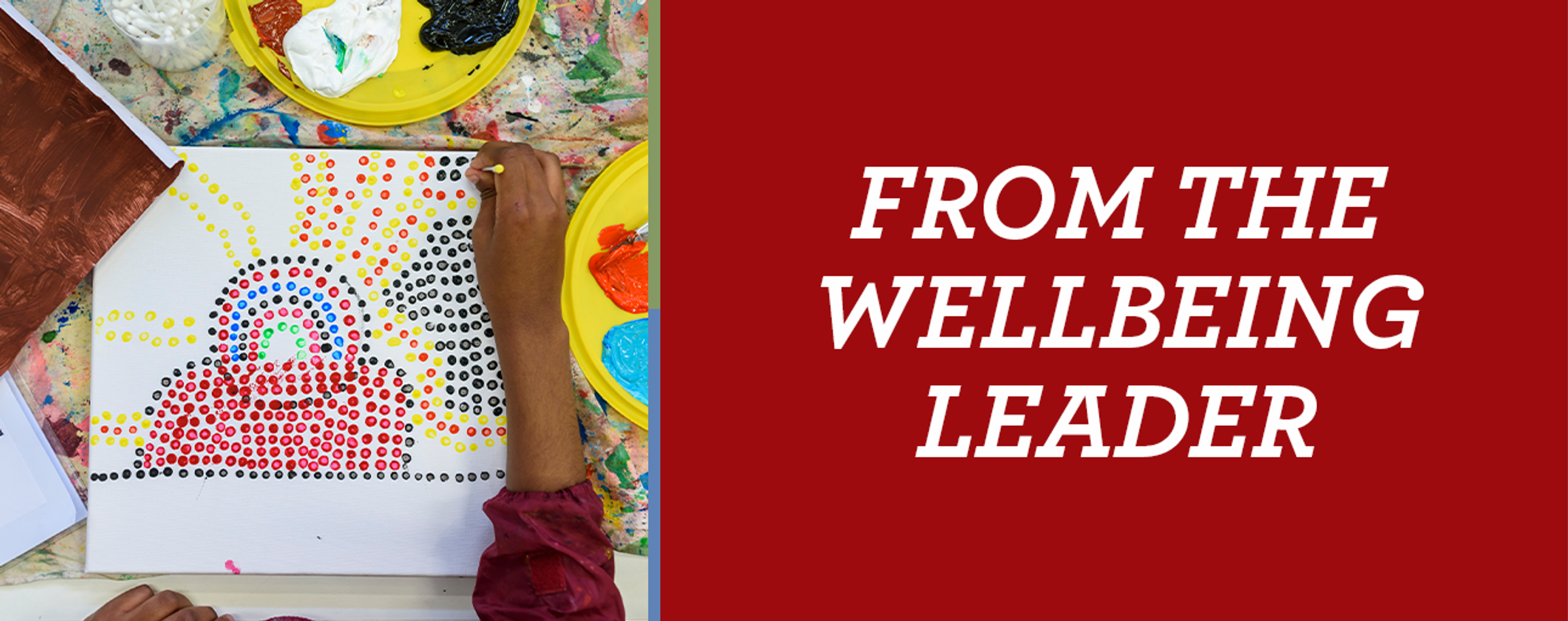From the Wellbeing Leader
Carly Bergen

From the Wellbeing Leader
Carly Bergen
Information regarding swimming lessons has been sent home. Please note the following swimming lesson times and dates:
Year 3 and 4 Swimming: Week 6 (Monday 21 November- Friday 25 November)
9.45am-10.45am 4 Bakewell
10.45am-11.45am 4 Nicholls
11.45am-12.45pm 4 Woodward
1.00pm-2.00pm 3 Burgan and 3 Fisher
***No Wednesday swimming lesson for Year 3***
Reception- Year 2 Swimming: Week 7 (Monday 28 November- Thursday 1 December 4 days only
9.45am-10.45am 2 Tew/Huxtable and 2 Jeffery/Ashmead
10.45am-11.45am 1 Fyffe and 1 Voigt
11.45am-12.45pm Rec Gracey and Rec Sheedy
Please note that all Year 3-4 consent and medical forms must be returned by Thursday 17 November and all Reception-Year 2 consent and medical forms must be returned by Thursday 24 November. Speak with your child’s teacher if you require another form.
Last week, we recognised 2022 Children’s Week and celebrated how important the voice of a child is. Helen Connolly, the Commissioner for Children and Young People in SA began the Student Voice Postcard initiative 4 years ago where she asks primary school children to write in their own words what matters to them most.
Over the next few weeks, I’ll share what our children are saying in the space of wellbeing, COVID, looking after the planet and grownups.
Attached is the document The things that matter to children: what SA children say about grownups
Some of my takeaways are:
Resilience is the process people go through when responding to difficult times. Everyone experiences disappointments, setbacks, failures and challenges – resilient people tend to thrive as a result of these.
There’s no doubt that COVID-19 is posing kids with a range of challenges and you don’t have to look far in the media to find an article about the impact of the pandemic on children’s mental wellbeing.
Your kids have no control over the virus itself, however, they do have control over their response to it and whether they respond in a way that will help them thrive, and not just survive.
As parents, you can help them choose their response – check out this list of things for you to do as you support and guide your kids.
Bear in mind as you read this that there’s no one-size-fits-all solution. Each child’s experience of COVID-19 is different, as is their capacity to respond with resilience. Resilience is dynamic and will change depending on a child’s personal and environmental context. It’s also relative – what might be a big deal for one child might be insignificant to another.
Susie Mogg, Founder of Resilience in.. https://resiliencein.com.au/ourteam
To learn more about this wonderful initiative from Helen Connolly, please visit https://www.ccyp.com.au/
Recently I was fortunate to attend a PD with Kaylene Henderson who shared her expertise in the anxiety space. She is offering a free webinar series.
'The Dos and Don'ts of Discipline' has been designed for parents seeking more information and clarity around childhood behaviour and discipline with the hope to give more parents tools and resources in and around raising their children.
Register for one or both of these incredibly informative events which will take place online, delivered straight to you.
Webinar 1: Discipline tips for under 5s: November 24th at 7:30pm AEDST Webinar 2: Managing meltdowns & tantrums: December 1 at 7:30pm AEDST
https://campaign.careforkids.com.au/dr-k-webinar


Carly Bergen | Wellbeing Leader